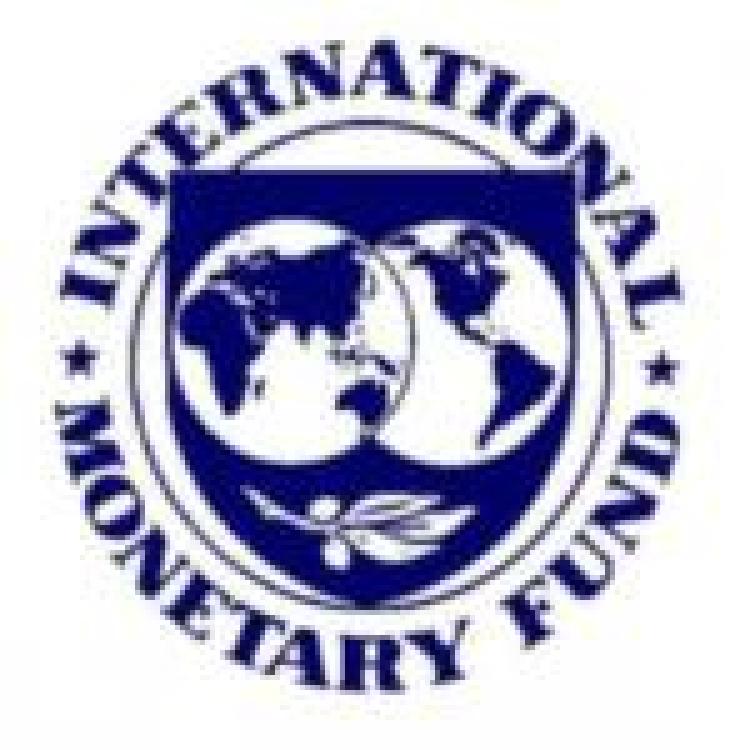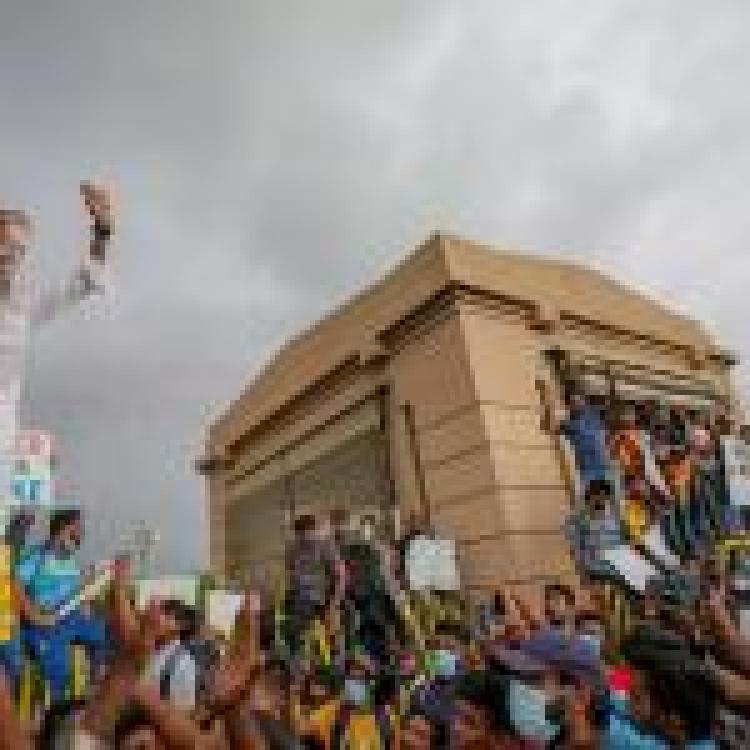
The International Monetary Fund said that discussions with Sri Lanka on a potential IMF loan program or deal would require "adequate assurances" that the country's debt could be put on a sustainable path.
IMF Sri Lanka Mission Chief Masahiro Nozaki said that IMF Managing Director Kristalina Georgieva discussed lending options and policy plans with a Sri Lankan delegation on Tuesday.
"An IMF-supported program should be designed to resolve Sri Lanka's acute balance of payments problems and put the economy back on a sustainable growth path as early as possible," Nozaki said.
He noted that IMF staff had determined last month in an annual economic review that Sri Lanka's public debt was unsustainable, and the country needs to take steps to restore debt sustainability prior to any IMF lending, including the emergency Rapid Financing Instrument (RFI).
Such restoration of debt sustainability typically requires a restructuring or reprofiling of public debts, which in Sri Lanka's case would require cooperation from China, one of its largest bilateral creditors.
"These considerations would need to be examined for a potential RFI for Sri Lanka, once adequate assurances are obtained that debt sustainability will be resolved," Nozaki said.
He added that the specific design of a Sri Lanka IMF loan, including program targets and conditionality, would be agreed through extensive discussions between the government and IMF staff.
"The discussions are still at an early stage," Nozaki said.
The day before Sri Lanka declared it would be unable to repay its international debt, a group of 90 British lawmakers urged the UK’s Chancellor of the Exchequer to add conditions on any IMF assistance that may be granted, “to put the country on the path of economic recovery”.
“Sri Lanka has failed to neither seek accountability for the war crimes committed during the civil war and reconcile within its communities nor realise a peace dividend to create an inclusive and equitable economy,” wrote Elliot Colburn, Chair of the All-Party Parliamentary Group for Tamils.
“The cause of Sri Lanka’s financial crisis is not entirely due to economics,” he added.
“They are multifaceted. Failure to include the Tamils in economic activity, a large defence budget to support a disproportionally large military - despite having no real internal or external threat, politically motivated subsidies, corruption, and, of course, poor fiscal policies have led Sri Lanka’s economy to the brink of bankruptcy.”
That brink of bankruptcy has seen soaring prices of basic goods, skyrocketing inflation and the value of the rupee plunging to become what the Financial Times labelled the ‘worst performing currency in the world’. Earlier today Sri Lanka declared “it has come to a point that making debt payments are challenging and impossible,” and admitted that it will be appealing to the IMF for “support”.
Colburn told Britain’s Chancellor Rishi Sunak that this must come with strings attached.
Read more : British lawmakers call for stringent conditions on IMF bailout as Sri Lanka defaults
Read more at Reuters



